
Pepperdine University
Contact Me
Courses I've Taught
Ed.D. in Learning Technologies
EDLT 728 - Games, Sims and Virtual Worlds
EDLT 740 - Computational Thinking
Dissertation Chair
M.A. in Learning Technologies
EDLT 630 - Cadre Camp
EDLT 631 - Learning With Technology
EDLT 632 - Mentoring and Leadership
EDLT 633 - Tech. Leadership Through Service
Ethnography of a CoP
In the Ethnography of a Community of Practice project, students are required to join a Community of Practice as an ethnographer, with the goal of deepening their own understanding of CoPs through observation of a real, living CoP.
The deliverable is a multimedia presentation or video that illustrates the aspects of their CoP that meet the definitions of a CoP. Their definition is based on the work of Etienne Wenger, and has also been discussed in the context of CPSquare.org, the Community of Practice on Communities of Practice.
Games and Learning
In the Cognitive Tools classes, we frequently study video games as both platforms for learning, and as models of learning theory in practical application. In the Fall of 2015, we held class in Minecraft, where students worked collaboratively to design a game withi the game, leveraging the tools in Minecraft to produce and experience challenges that required them to introduce design thinking.

Students were forced to evaluate the constraints of Minecraft (tools, materials, player abilities), and then construct a game with rules built within those limitations. This project forced students to think creatively, and think about issues such as design and user interaction.


About Pepperdine
I taught as an adjunct faculty member in Pepperdine University's Graduate School of Education and Psychology from 2002 to 2022.
During that time, I typically taught between 2 and 5 classes per year. I have also chaired a few dissertations. I am not actively teaching in any program at Pepperdine, although much of my work in that context has informed my thinking and work even today, so I am including a bit of information about them here.
In addition to teaching a variety of different courses, I also participated in program revisions, the development of new courses, and WASC accreditation activities.
Cadre Camp
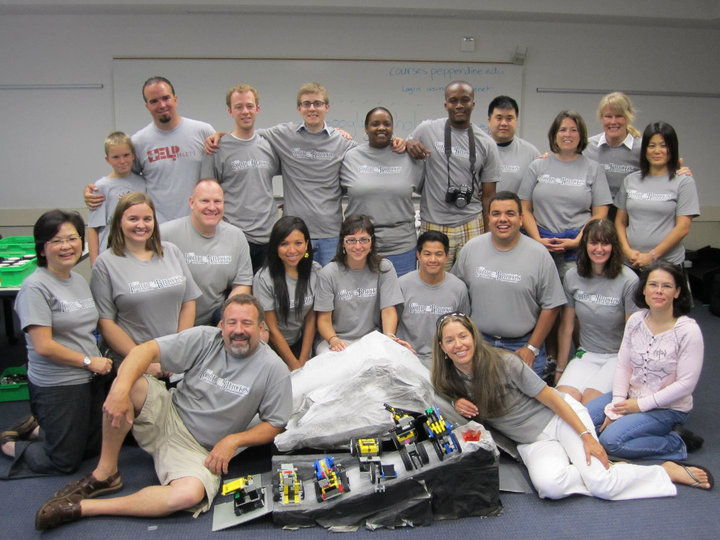
Cadre Camp was a week long, face to face experience that was used to kick off the MALT program and experience. During this week, students met each other for the first time and begin to form relationships.
Students were also challenged to expand their thinking about technology and how people learn, and work together to solve several design and technology challenges.
I led the planning and execution of Cadre Camp for over 15 years. It was one of the most powerful and innovative teaching and learning experiences I have ever been involved with. In 2014, I presented at the IPDX '14 conference on the ideas and methods involved with Cadre Camp.
Learning in a Virtual World
MALT students have been involved with the exploration of cutting edge technologies for the life of the program. One example of this is our use of the Virtual World, Second Life, in 2005-2008.
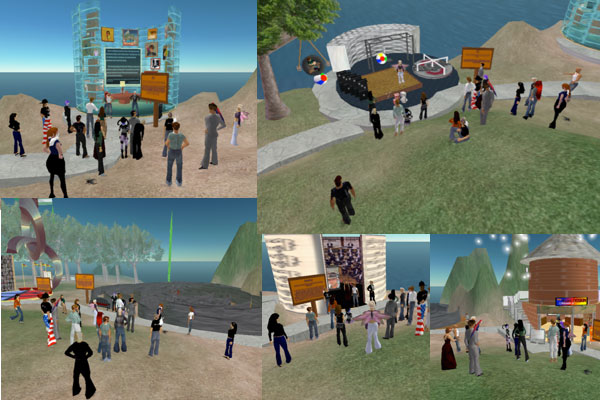
In a student project featured in the education section of the NY Times, students constructed virtual interactive exhibits representing each of six aspects of right-brain thinking from Daniel Pink's A Whole New Mind. Students presented their work in Second Life, and Daniel Pink was kind enough to attend the presentation, sticking around afterward for one of our traditional Virtual Hot Tub (Paper and idea pioneered by Linda Polin) discussions.
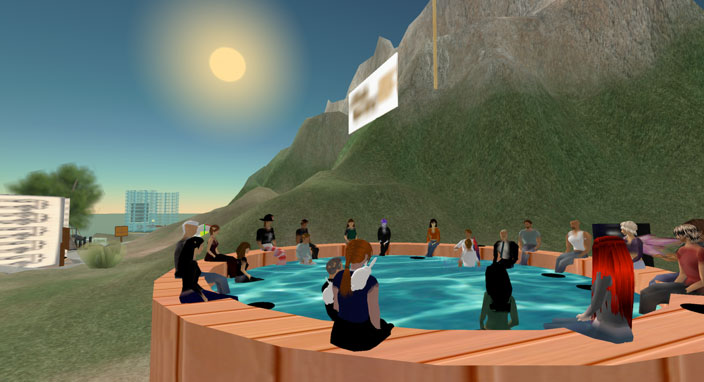
Arduino Projects
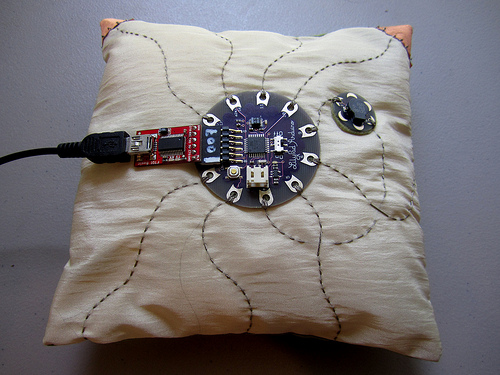
Minecraft Puzzles

The Lego Challenges

Using Minecraft as a learning environment for the hands-on study of computational thinking, students are challenged to complete a series of puzzles using the tools and materials afforded by the Minecraft environment. This is accomplished through the use of Redstone, which is a material found in Minecraft that is capable of mimicking electronic circuitry. This can be used to teach a number of basic computational principles and has been used by some individuals to create very complex creations.
The Iron Chef
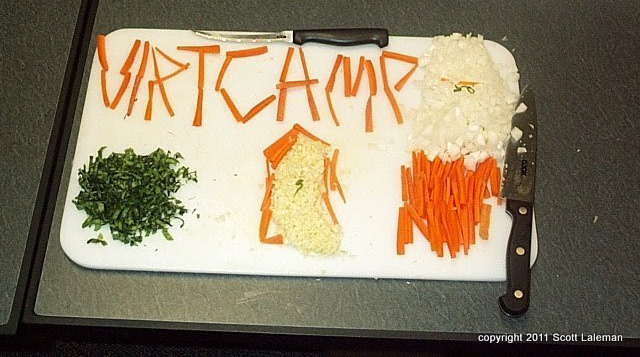
This activity uses cooking and food preparation as a context setting activity for students to repfect and share their own learning experiences related to learning to cook. Students are given produce and a knife, and in groups they are instructed to prepare the produce to certain specifications of varying difficulty, while sharing stories with each other of how they learned to cook.
The combination of action, storytelling and sharing helps students to examine learning that occurs largely in a very natural setting. By observing and discussing these ideas, students begin to open their eyes to ideas about teaching and learning that extend beyond the typical methods found in school and corporate learning scenarios.